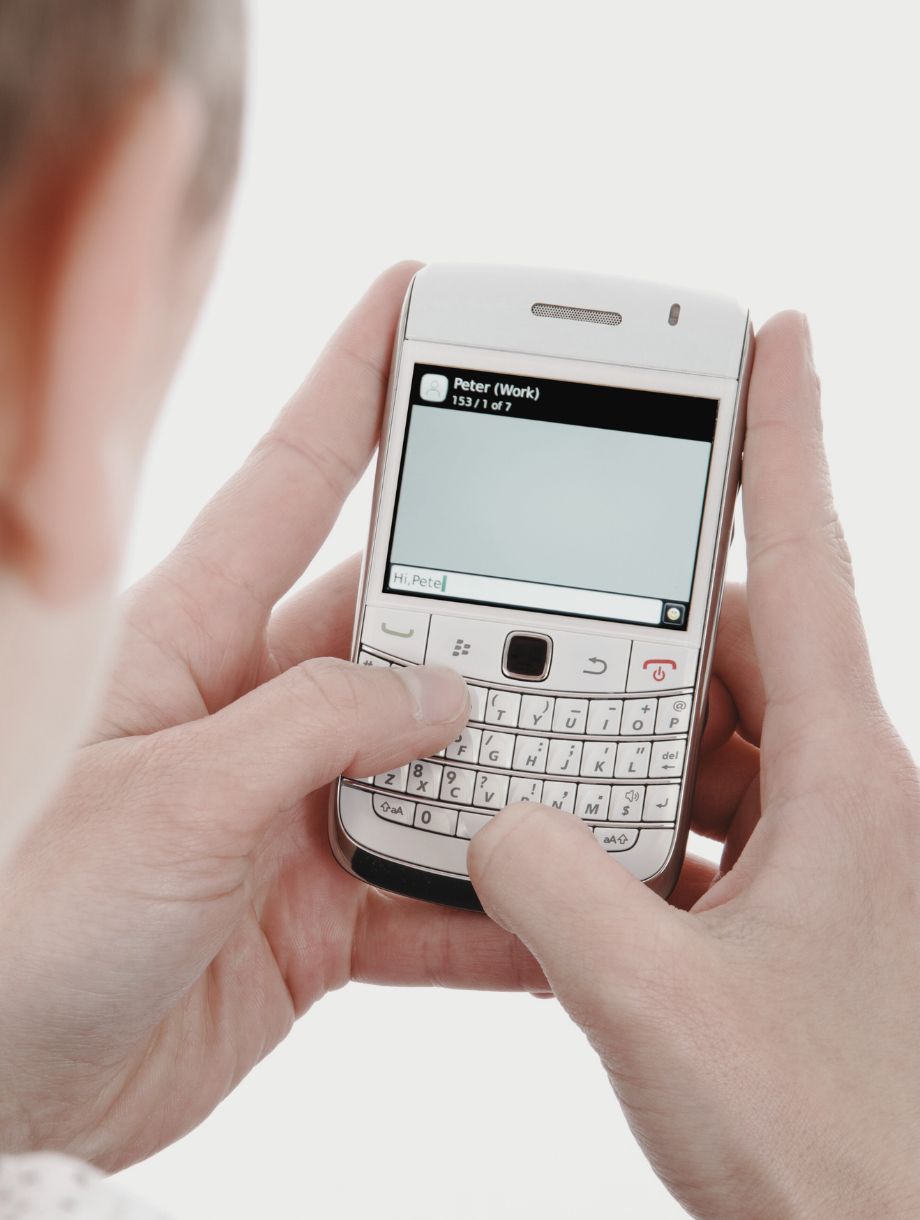

.png)


THE RISE AND FALL OF BLACKBERRY
A Cautionary Tale of Innovation and Obsolescence
In the early 2000s, Research In Motion (RIM) emerged as a tech giant with its groundbreaking BlackBerry device, setting new standards in mobile communication technology. The BlackBerry was not merely a phone; it symbolized prestige, serving as a vital tool for businesses and leading the charge in transforming the smartphone landscape globally.
Despite its initial success, RIM's journey with BlackBerry reveals a complex narrative of triumphs overshadowed by hubris, missed chances, and an inability to adapt to a shifting market. This failure to evolve ultimately led to a dramatic downfall that serves as a poignant reminder of the ever-changing nature of the tech industry.
The Rise of RIM and BlackBerry
Founded in 1984 by Mike Lazaridis and Douglas Fregin, RIM initially focused on wireless data technology before unveiling the first BlackBerry device in 1999. This groundbreaking device was a game-changer, offering unparalleled secure email communication on the go, a feature that swiftly rendered it indispensable for business professionals. It quickly earned a reputation as "the must-have device for any business person," as noted by a tech industry analyst.
RIM's emphasis on security was a pivotal selling point. The company's servers encrypted emails transmitted from BlackBerry devices, establishing a level of security far superior to other mobile communication methods at the time. RIM strategically propagated rumors about the vulnerability of other cell phones, instilling doubt about their safety and reinforcing the indispensability of BlackBerry's top-tier security features for serious business use.
The Peak of Dominance
By the mid-2000s, BlackBerry had ascended to dominance in the competitive smartphone arena. Terms like "CrackBerry" quickly integrated into popular culture, underscoring the device's addictive allure that captivated users. RIM's market share experienced a meteoric rise, propelling its stock price to unprecedented heights and solidifying its position as an industry frontrunner. The company cultivated a loyal customer base drawn to its innovative technology, resulting in robust sales figures and cementing its reputation as an unrivaled leader in the realm of mobile communication.
The Advent of the iPhone and the Start of Decline
In 2007, Apple disrupted the smartphone landscape with the introduction of the revolutionary iPhone. This groundbreaking device seamlessly integrated a phone, an iPod, and an internet communicator into a single gadget, setting a new standard for the industry. Steve Jobs, the visionary behind this innovation, confidently declared, "We're going to make some history together today," as he unveiled the iPhone's cutting-edge touch interface.
Missed Opportunities and Failure to Adapt
The debut of the iPhone not only reshaped the smartphone market but also signaled the decline of RIM and BlackBerry. Despite initial skepticism from RIM's executives, including co-CEO Jim Balsillie, who dismissed the iPhone as just another player in a crowded field, the impact of Apple's creation proved to be a turning point in the tech industry. This pivotal moment highlighted the importance of innovation and adaptability in an ever-evolving market landscape.
RIM's failure to acknowledge the iPhone's threat and its sluggish response to the evolving smartphone market proved to be pivotal missteps. While Apple and subsequently Android devices pivoted towards apps, touchscreens, and multimedia capabilities, BlackBerry remained fixated on email and security. This myopic focus created a perception that BlackBerry was lagging behind, unable to cater to the broader spectrum of consumer needs.
The company's efforts to innovate, exemplified by the BlackBerry Storm and the BlackBerry 10 operating system, fell short. These devices lacked the intuitive user experience and expansive app ecosystem of their rivals. By the time RIM attempted to pivot, the market had moved on, with consumers and businesses flocking to iPhones and Android devices.
The Descent into Obscurity
RIM's market share plummeted in the face of fierce competition, triggering a chain of painful layoffs, leadership shake-ups, and extensive restructuring efforts. By 2013, RIM took a bold step to revamp its identity, rebranding itself as BlackBerry Limited with the aim of realigning the company's focus on its core product offerings.
Despite these strategic moves, the damage inflicted proved to be irreversible. BlackBerry's once-dominant position in the smartphone market rapidly eroded to insignificance, marking a dramatic fall from grace.
Lessons Learned and the Path Ahead
The rise and fall of RIM and BlackBerry stand as a stark reminder of the significance of innovation, adaptability, and the dangers of complacency in the ever-evolving tech landscape. In contrast, Apple's triumph with the iPhone underscores the rewards of foreseeing consumer demands, embracing new technologies, and perpetually evolving.
Apple has judiciously avoided replicating RIM's missteps by consistently enhancing the iPhone, introducing new features, and expanding its ecosystem with services like the App Store, iCloud, and Apple Pay. Apple's unwavering commitment to innovation and astute market understanding has positioned it at the forefront of the tech industry. As Steve Jobs famously said, “Innovation distinguishes between a leader and a follower.”
The saga of RIM and BlackBerry underscores the rapid pace of technological progress and the perils of failing to keep pace. In a realm where today's innovation swiftly becomes yesterday's history, the narrative of BlackBerry serves as a poignant reminder of the imperative for continual evolution and the essence of proactively shaping the future.


.png)
.png)

